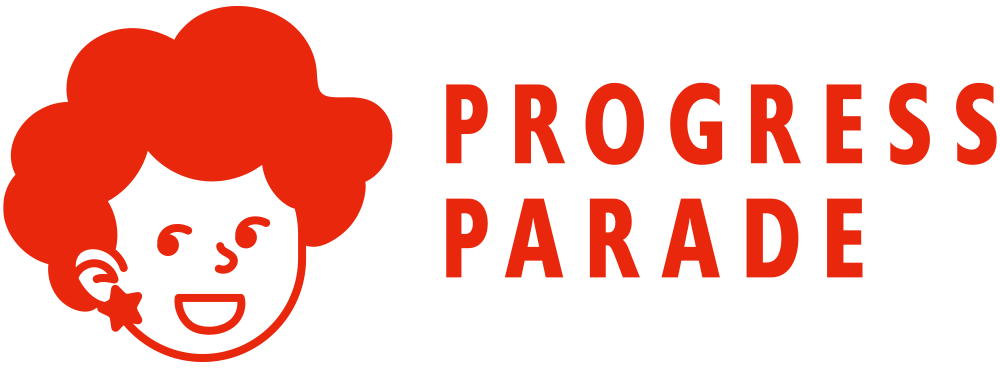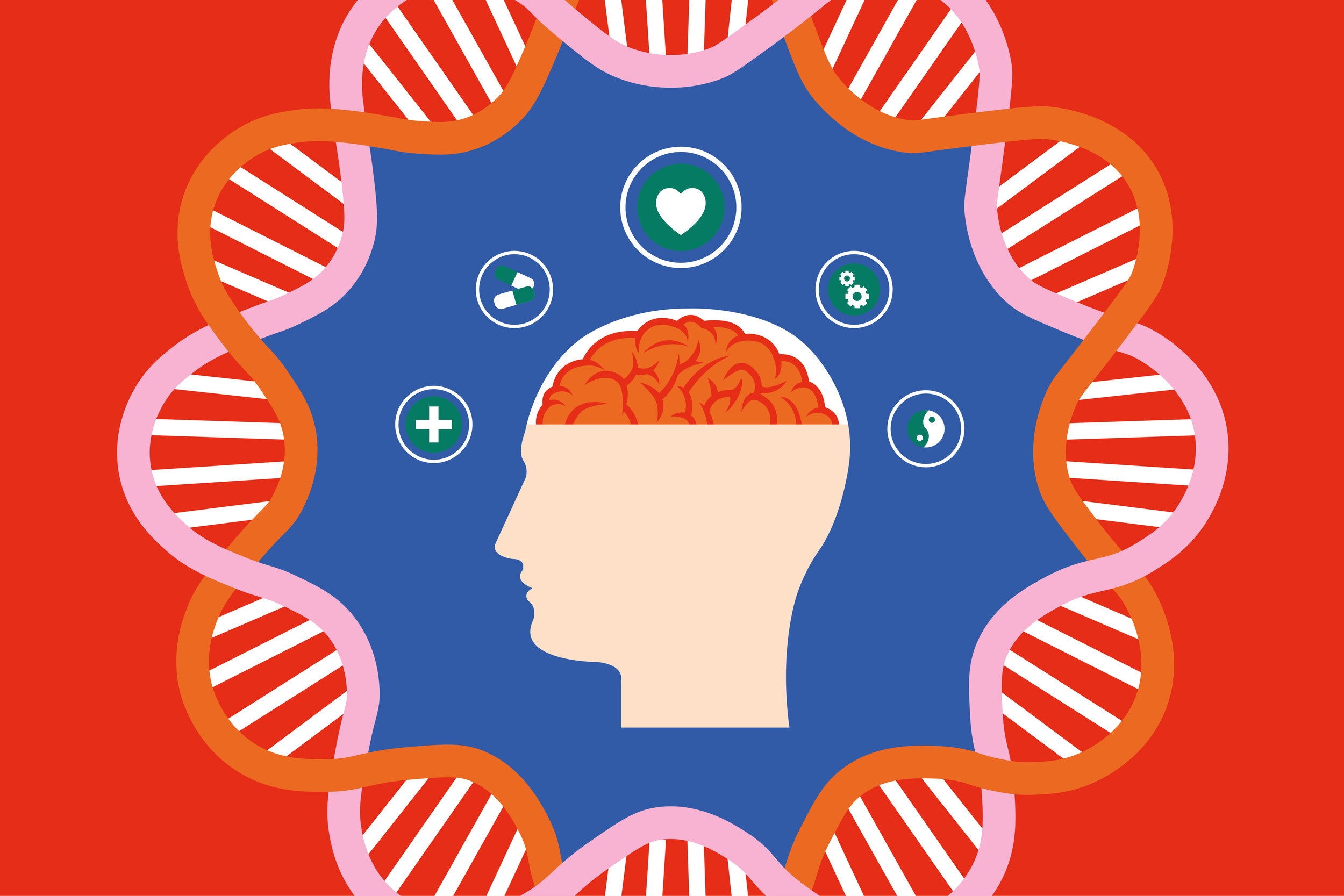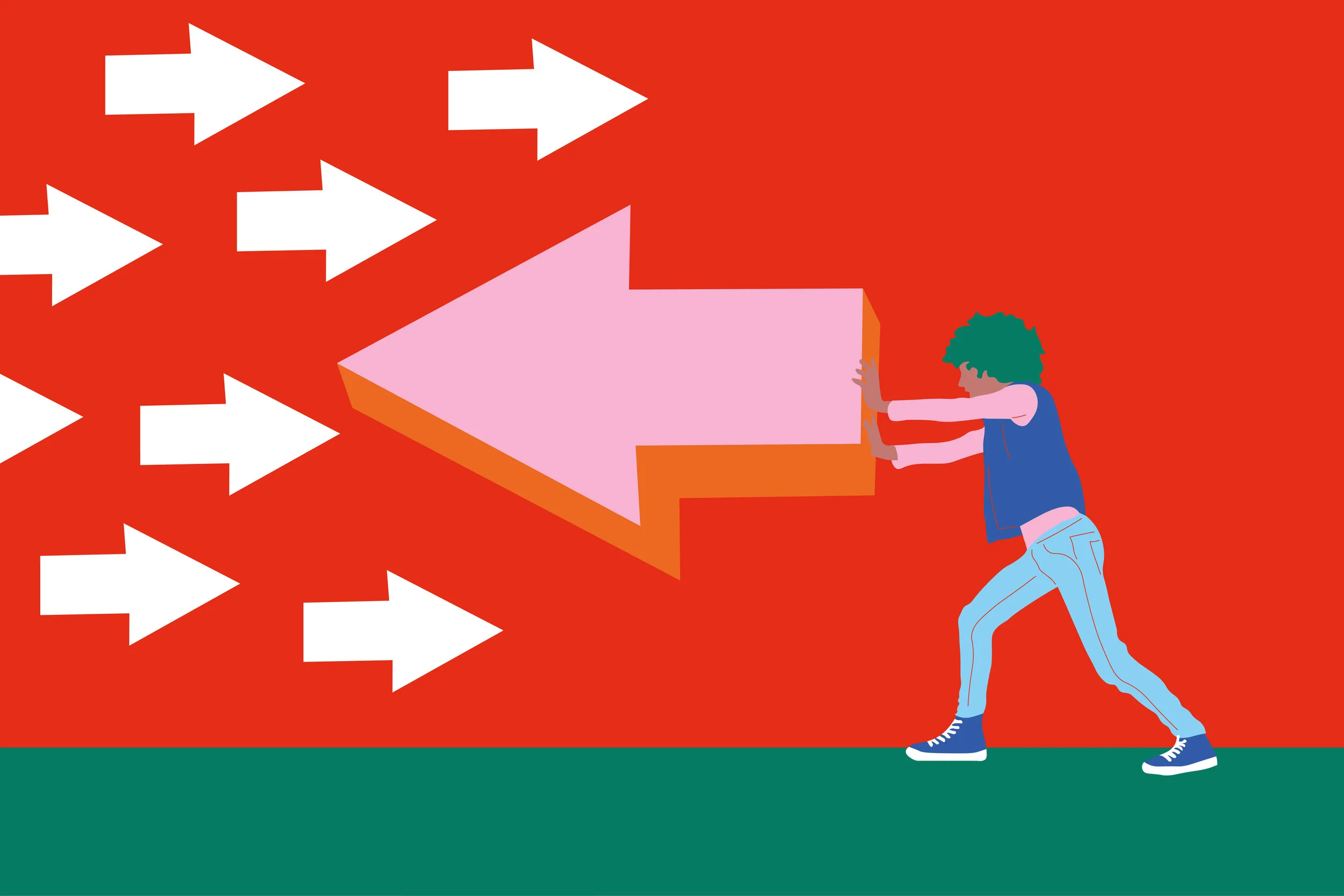What’s the difference between learning disabilities and ADHD or intellectual disabilities?
Many times students with one diverse learning need have a concurrent learning disability. When two disabilities often occur at the same time, that’s called comorbidity. As tutors for learning disabilities, we here at Progress Parade often hear confusion about the relationship between learning disabilities and other disabilities. In this article, school psychologist Tulin Akin will help shed some light on common points of confusion.
How are intellectual disabilities different from learning disabilities?
These terms can be easily confused, especially for an international audience. In Britain, for example, the term “learning disability” encompasses what we here in the United States call an intellectual disability. For the purposes of this article, we’ll be focusing on the US definitions. Here in the US, you may also have heard intellectual disability referred to in schools as cognitive impairment/disability.
Having an intellectual disability identifies a person as having significantly below average intellectual functioning and adaptive skills. Historically, the term that people used to describe this condition was “mental retardation,” but that term, for good reason, has lost favor socially, educationally, and medically.
Intellectual disabilities are the most common developmental disorder, with varying levels of developmental delay in “social skills, emotional development, communication capabilities, physical function,” and academics. These delays will cause a child to learn and develop more slowly than their peers. Concerns about intellectual disabilities will often show up at a much younger age than a learning disability, typically in ages 2-3 when a child is not meeting cognitive developmental milestones. Children with such delays may take longer to learn to speak, walk, and self-care skills such as dressing or eating. They will most likely learn academics at a slower rate than their peers at school.
Severity of cognitive impairment are defined by specific IQ ranges, from mild (IQ 50-70), moderate (35-55), severe (20-40), and profound (below 20). Overlap of these ranges acknowledges that children can perform within a statistically acceptable range across testing opportunities and also allows for those whose adaptive functioning is higher than their intellectual functioning.
Causes for intellectual disabilities vary but may be due to genetic/chromosomal conditions (such as fragile X syndrome, PKU, and Down Syndrome), injury or illness during pregnancy (such as Zika virus, drinking alcohol, or rubella), injuries during birth (such as not getting enough oxygen), or health problems in childhood (such as whooping cough, measles, or meningitis). Additionally, extreme malnutrition, inadequate medical care, and exposure to environmental toxins (such as lead or mercury) can result in intellectual disabilities.
“When two disabilities often occur at the same time, that’s called comorbidity.”
Is ADHD a learning disability?
The simple answer is no, ADHD is not a learning disability. They are separate, but often related conditions. The more complicated answer is, you can be diagnosed with both, or a child’s ADHD can result in lower academic performance or delay of academic skills development due to its impact on attention and focus.
The primary difference between the two is that when a child has a learning disability, it interferes with how they process information. ADHD, on the other hand, makes the child unavailable for learning because of inattention or impulsivity.
There is a high comorbidity in children with ADHD and LD. Up to 45% of children with ADHD also have a learning disability. If your child does have both diagnoses, it is important to address both. A child with LD who is also struggling with their focus is going to have difficulty responding to academic interventions unless they are also receiving support to help their inattention. Although both disorders will need separate treatments, interventions can often be done effectively at the same time.
Consistent with symptoms of ADHD, children with LD may have problems with executive functioning tasks such as organization and planning; they may lose material, forget to turn work in, or misplace needed items. You might also see EF problems in relation to their ability to organize their ideas orally or in writing.
For more reading on this question, please see our series on ADHD to gain a better understanding of the diagnosis of ADHD, and our primer on learning disabilities.
Can learning disabilities cause depression and anxiety?
A causal relationship is difficult to establish, but it isn’t uncommon for a child with a learning disability to struggle with low self-esteem, frustration, and worry. This may be directly related to their academics (“Because I can’t read, I’m stupid”) or more tangentially related to their social environment (“All my classmates can do work so much easier and quicker than I can”).
As a child continues in school, if they continue to experience significant struggles academically, that repeated school failure may be associated with an onset of anxiety and depression in later childhood and adolescence. It’s possible children with LD are at increased risk for bullying, being bullied, or both. Children may act out behaviorally as a response to frustration or to distract or hide from the difficulties of academics.
In a follow-up article, I’ll address more closely how you can best support your child so they are at less risk for low self-esteem, depression or anxiety as a consequence of their learning disability.
“Up to 45% of children with ADHD also have a learning disability. If your child does have both diagnoses, it is important to address both.”
Relationship between learning disabilties and other disorders
While the diagnosis of LD occurs once a child has been attending school, LD may have been preceded by a language delay, which can increase the risk of later developing LD. In early years, you might notice that your child has difficulty quickly processing what is heard or has difficulty finding the right words and organizing thoughts when asked to respond.
Learning disabilities are also commonly associated with many medical conditions, beyond those identified above in the intellectual disabilities section. For example, children with spina bifida often have math-related learning difficulties. In addition, children who are born prematurely are at increased risk for LD, as are those with epilepsy and other neurologic conditions. The particular challenge for children here is that because of the complexity of their neurological and medical needs, LD may be less easily identified or overlooked.
All of this can be scary and overwhelming to think about as a parent. Keep in mind you have a team in your clinician or school that is ready and willing to support your child and help them succeed. There are many school supports available for students with disabilities! Be open about your concerns and questions; your child can be successful and feel good about themselves with the right support! There are also plenty of informational resources available to help get you started if your child has just been diagnosed with a learning disability!
You’re not alone!
All of this can be scary and overwhelming to think about as a parent. Keep in mind you have a team in your clinician or school that is ready and willing to support your child and help them succeed. There are many school supports available for students with disabilities! Be open about your concerns and questions; your child can be successful and feel good about themselves with the right support! There are also plenty of informational resources available to help get you started if your child has just been diagnosed with a learning disability!
Common questions answered about learning disabilities and separate but related diagnoses.
































